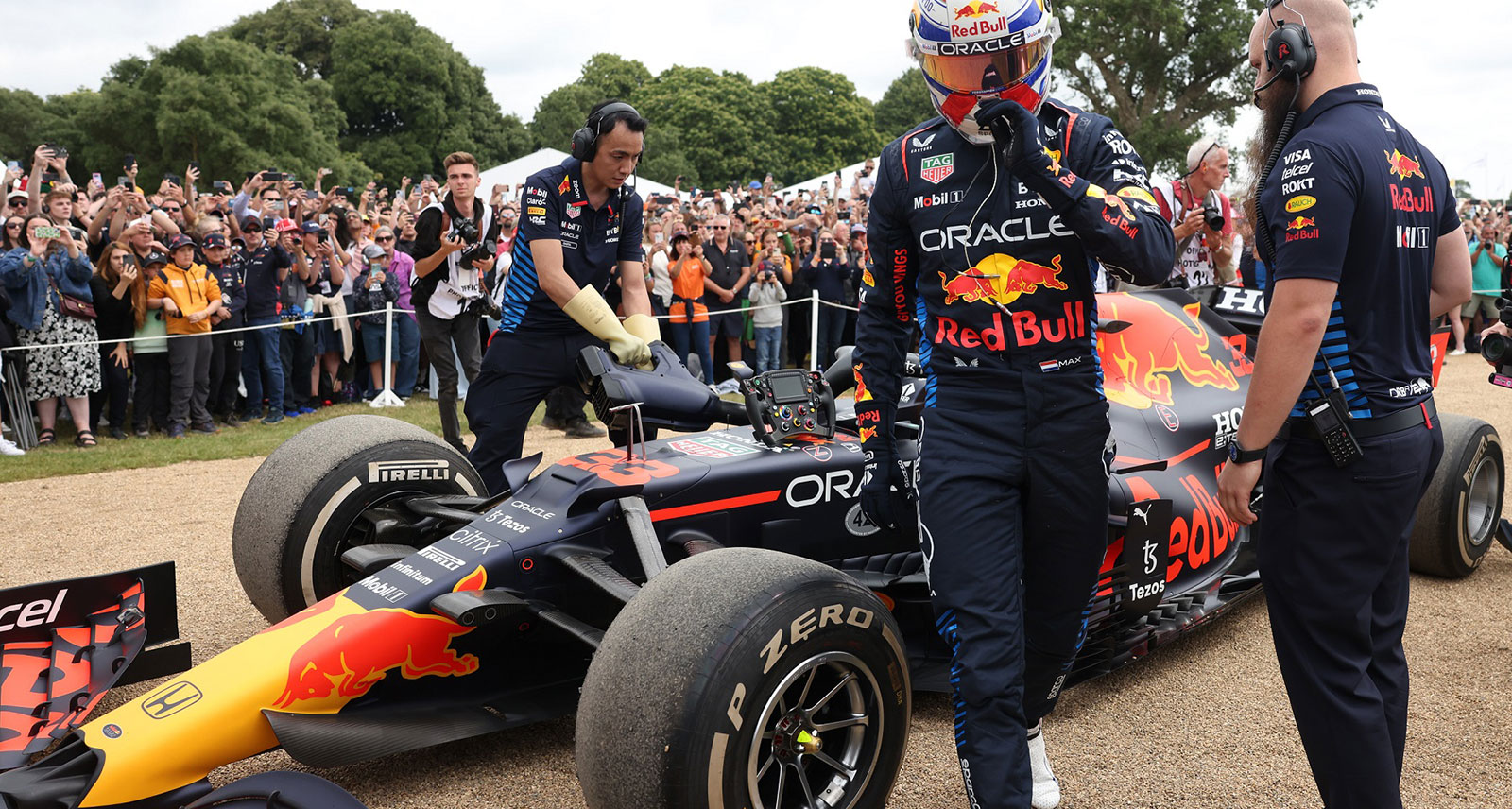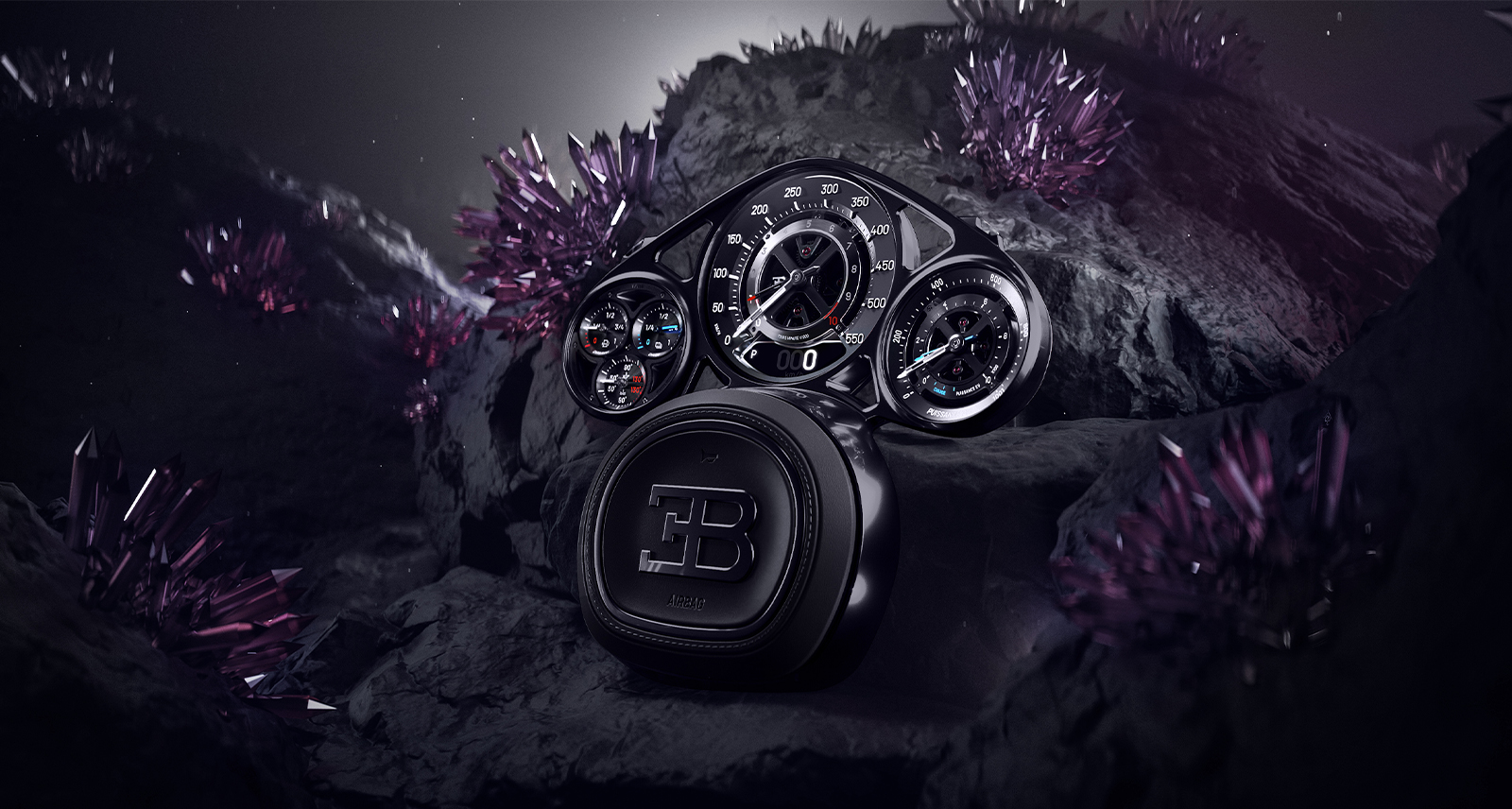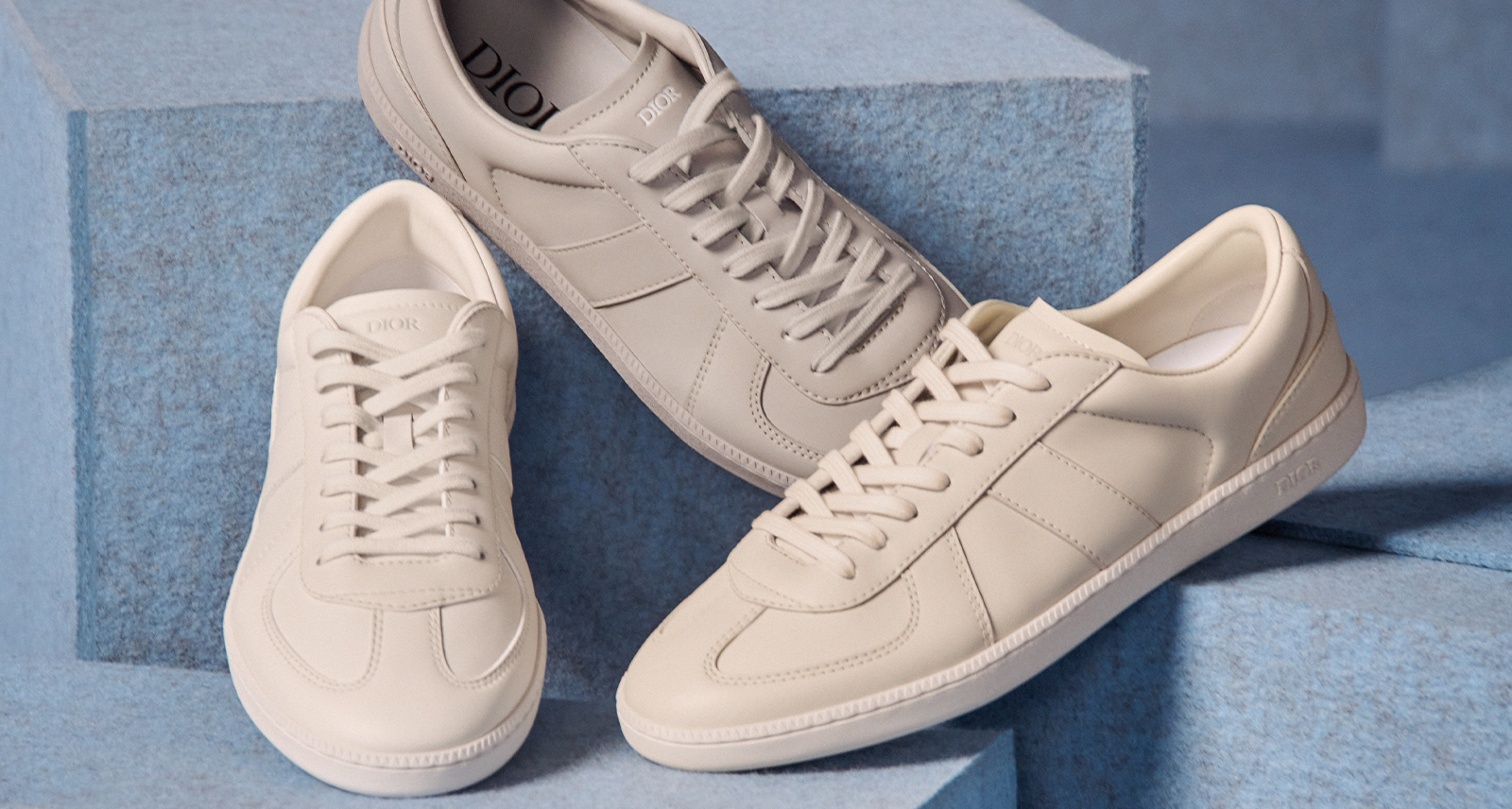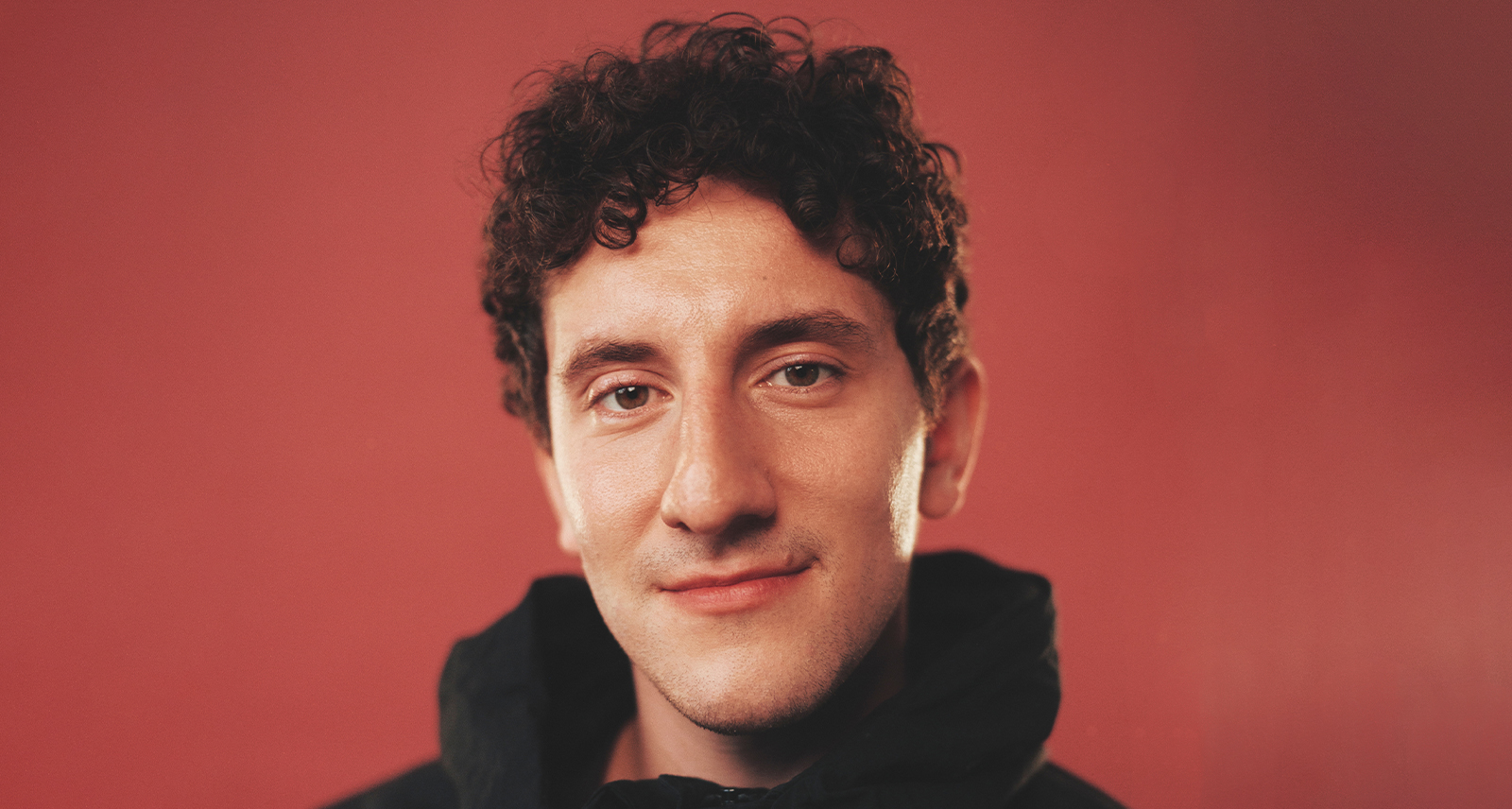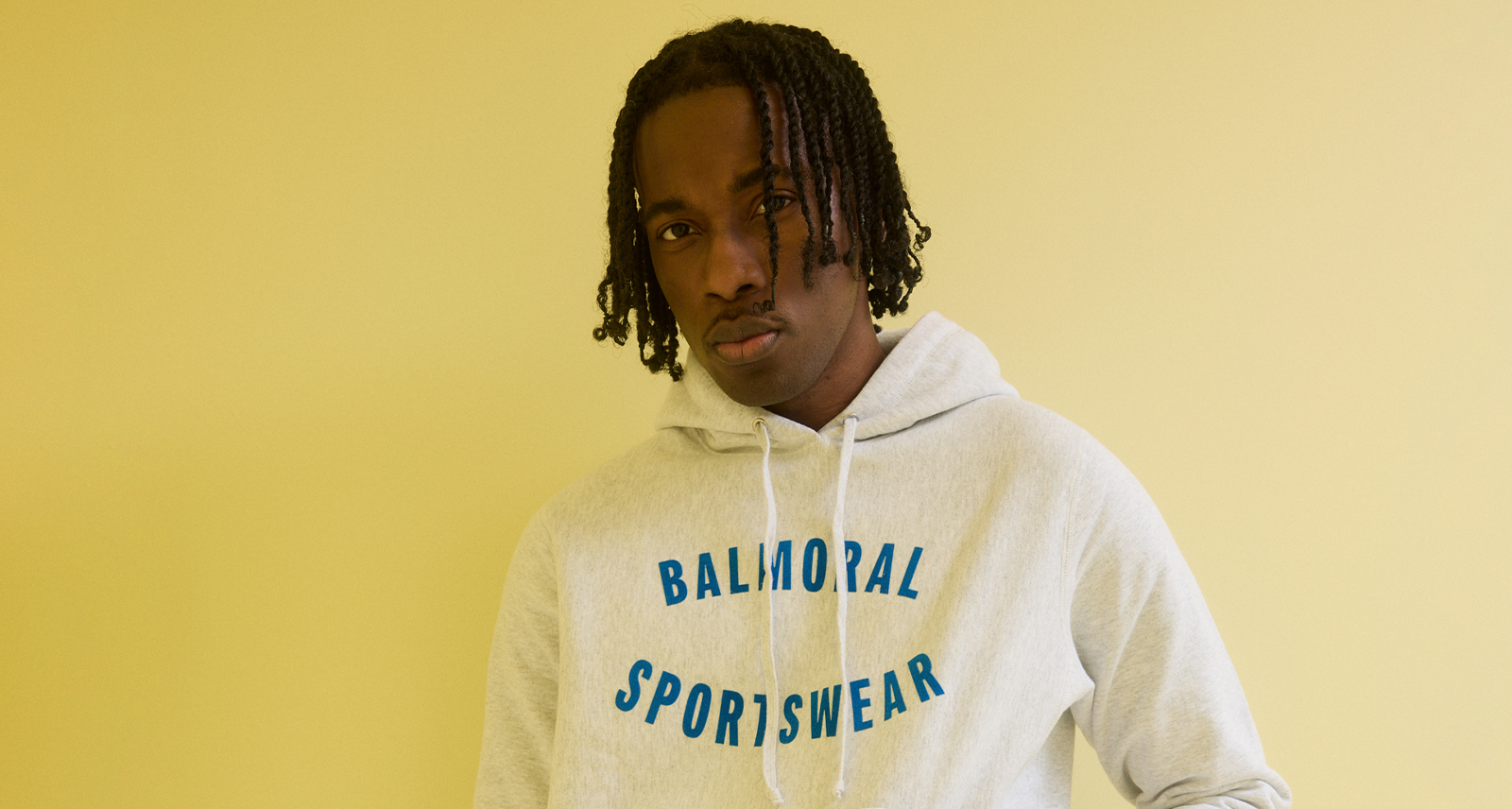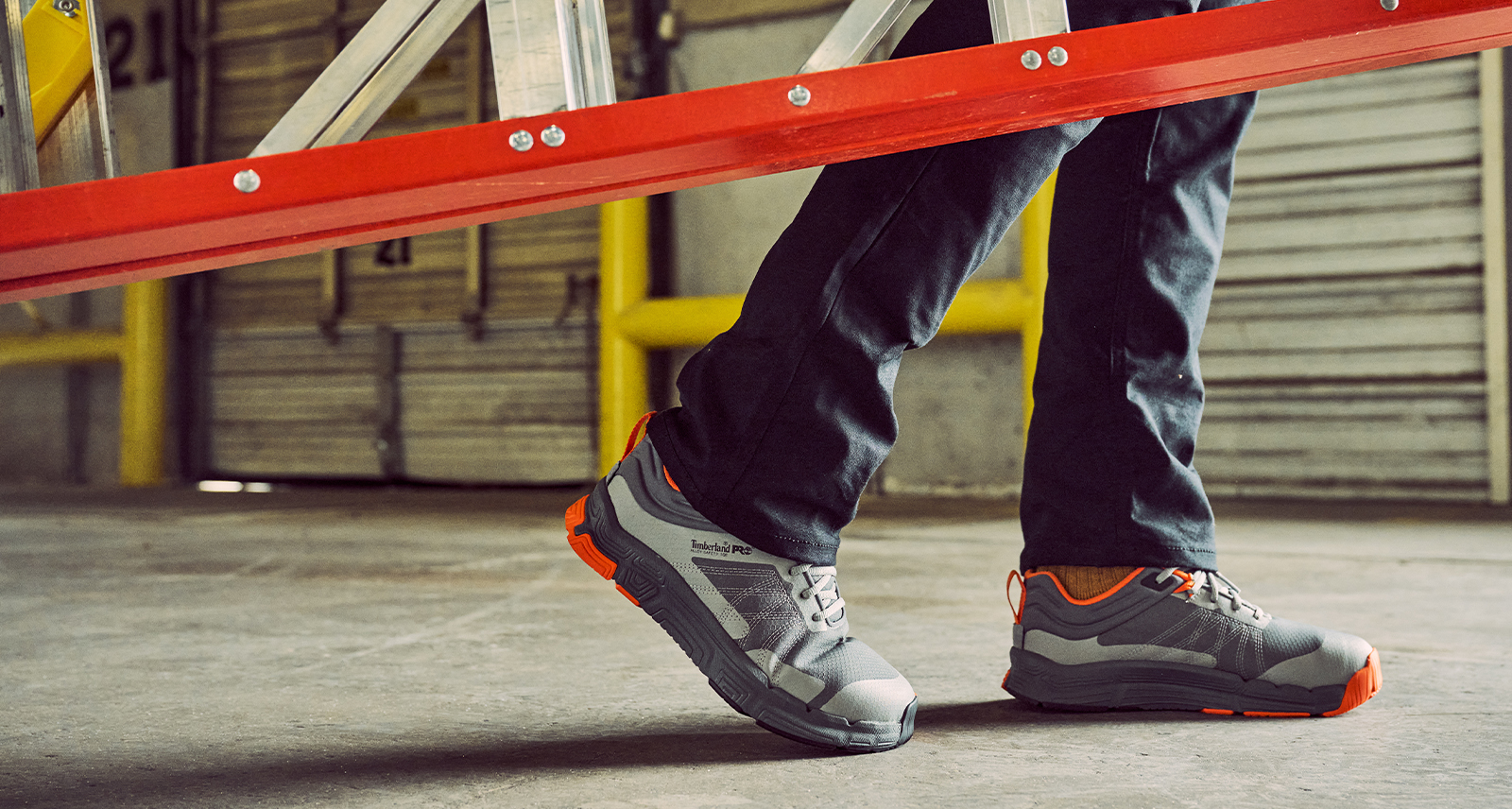Future Proof: The Delicate World of Sustainability in Watchmaking
The Chopard L.U.C Strike One is nothing short of a masterpiece of high watchmaking, with a highly complex mechanical movement featuring a sapphire crystal gong that strikes on the hour. Its 18K rose gold case, however, contains another important accomplishment: it’s made from ethically sourced gold. Chopard has been an important name in watchmaking since the mid-1800s and has a well-earned reputation as a specialist in the use of precious metals and gemstones.
In modern times, the sustainable sourcing of these materials has become a priority equal to their visual brilliance, and the brand has spent the past decade working to achieve a safe, ethical supply. As a member of the Responsible Jewellery Council (RJC) since 2010, Chopard’s Geneva-based raw material procurement team works with the brand’s head of corporate sustainability to ensure a supply chain that’s fair to both people and the planet. This includes support for low-impact mines through a partnership with the Alliance for Responsible Mining and the use of 100 per cent responsibly sourced gold in all its watches since 2018.
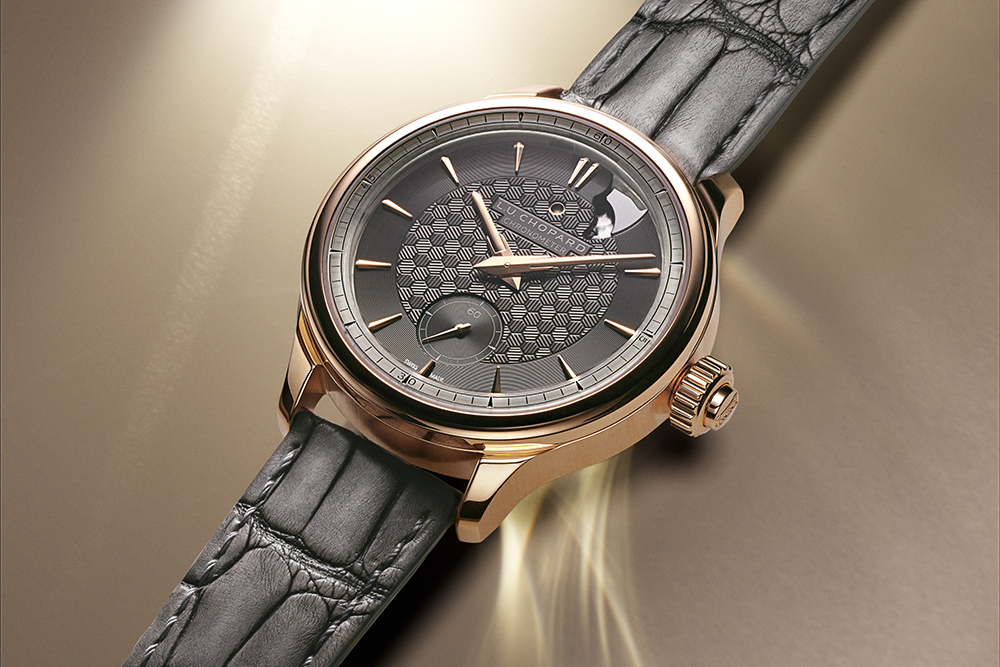
When it comes to an issue as large and complex as sustainability, however, there’s more than one single solution, and watch brands of all kinds are working to improve their products’ impacts in myriad ways. “As the watch and jewellery sector relies on the earth’s precious resources and people’s know-how around the world within its value chains, the imperative to act together to create a more positive impact has become ever clearer,” said Cyrille Vigneron, president and CEO of Cartier, at the launch of last year’s Watch & Jewellery Initiative 2030. A first-of-its-kind initiative aimed at bringing together luxury brands across the world to work toward a more sustainable future, its goals include building climate resilience, preserving resources, and fostering inclusiveness, with a list of deadlines leading toward the goal of net zero carbon emissions by 2030.
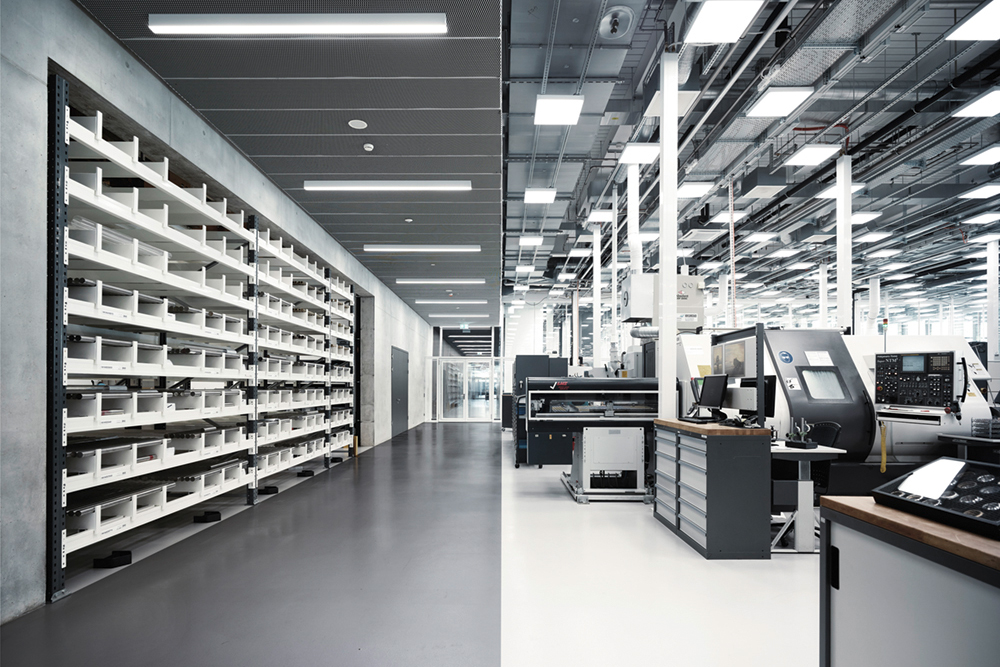
At IWC, the brand’s sustainability committee is tasked with improving everything from raw material sourcing practices to packaging, proving that major changes are possible in a relatively short period. “Our mechanical watches are crafted to last for generations, so it is essential to us that they are made responsibly from start to finish,” says Franziska Gsell, CMO at IWC Schaffhausen and chair of the sustainability committee. “For us, this means having a positive workplace culture, investing in the well-being of our employees and the wider community, establishing a clean supply chain with trusted suppliers, and minimizing our impact on the environment.”
With a state-of-the-art headquarters powered by 100 per cent renewable energy, and the introduction last year of TimberTex watch straps made from a low-impact plant-based material, IWC has made great strides toward sustainability in recent years. One of the keys to its success is a comprehensive sustainability report released every two years. In addition to detailing the brand’s achievements, each report lays out a series of ambitious targets for the next two years. In 2020, these included doubling the share of women in management positions, developing and implementing a green IT strategy, and phasing out the purchase of forestry products not certified by the Forest Stewardship Council (FSC) across their operation.
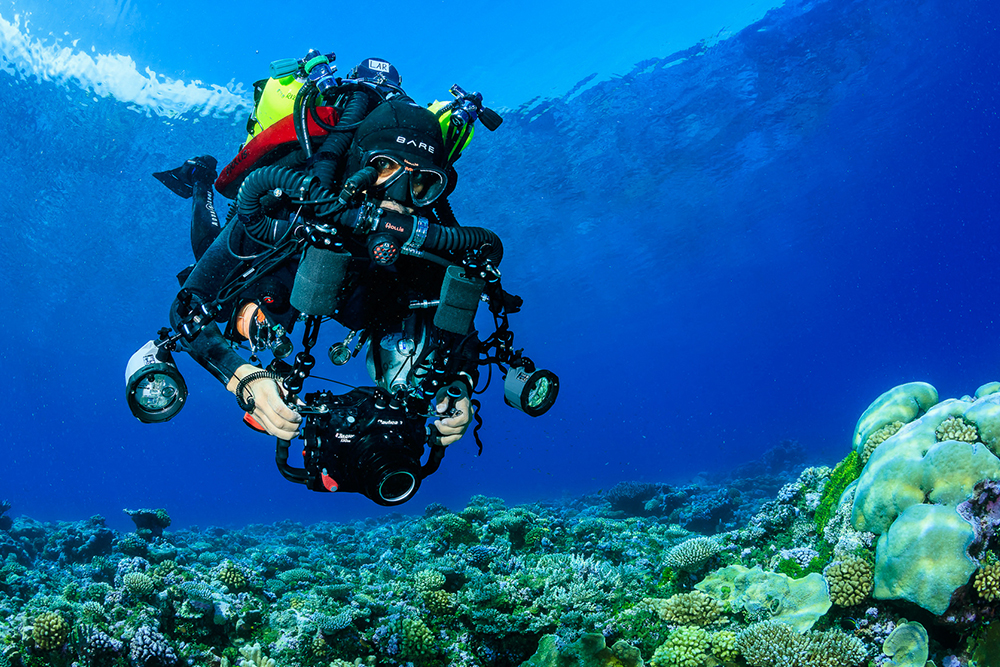
Providing yet another perspective is Rolex, whose robust commitment to sustainability has evolved out of a long history of supporting scientists and explorers in the field. In addition to funding climate research around the world through a long-standing partnership with the National Geographic Society, the brand continues to support the work of conservationists through the Rolex Awards for Enterprise. A tradition since the mid-1970s, these awards are disbursed to scientists and conservationists working on a wide array of crucial issues, from finding new ways to recycle plastic waste to teaching Kenyan schoolchildren about the importance of wildlife conservation.
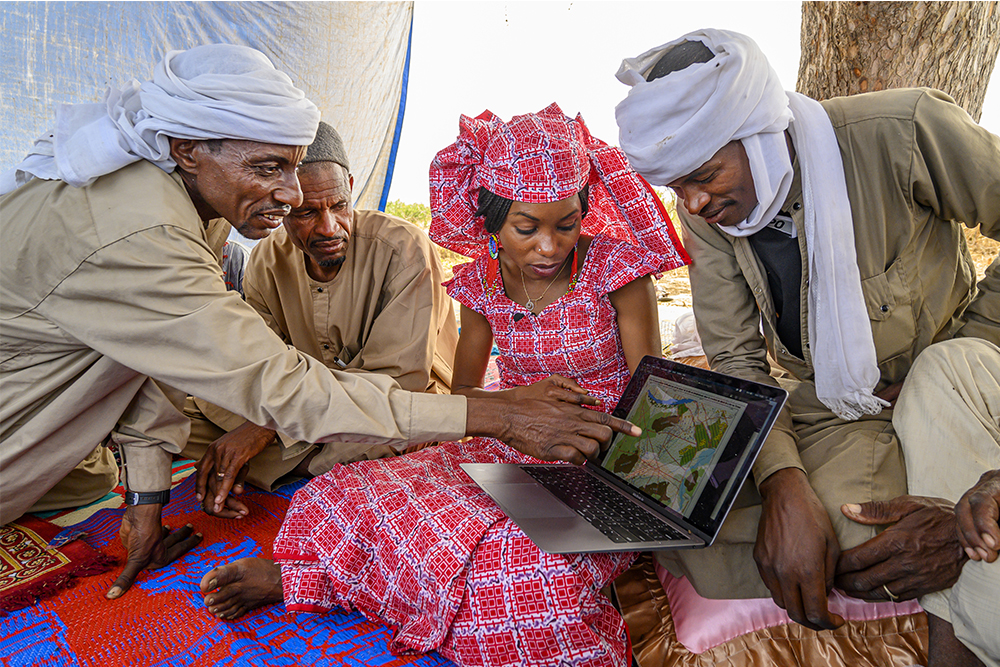
As with all discussions around sustainability, whether in watches, fashion, or any other industry, there’s one question every brand must ask itself — and it’s often the most difficult one to answer. Do the products we make justify the resources used to create them? While watches are far from essential to human life, they may nonetheless be uniquely suited to the age of buying less. “We certainly believe that the shift from ‘throw-away’ to ‘keep’ or ‘reuse’ is fundamental if we want to reduce impacts and move towards a circular economy,” IWC’s Gsell says. “But luxury doesn’t necessarily mean wasteful or excessive. In fact, our watches represent something completely opposite to that. In a time when many products have a limited lifespan or need to be replaced after a short period, the mechanical watch is an intrinsically sustainable product, so long as it is made responsibly. Our watches are crafted to last for an eternity.”


